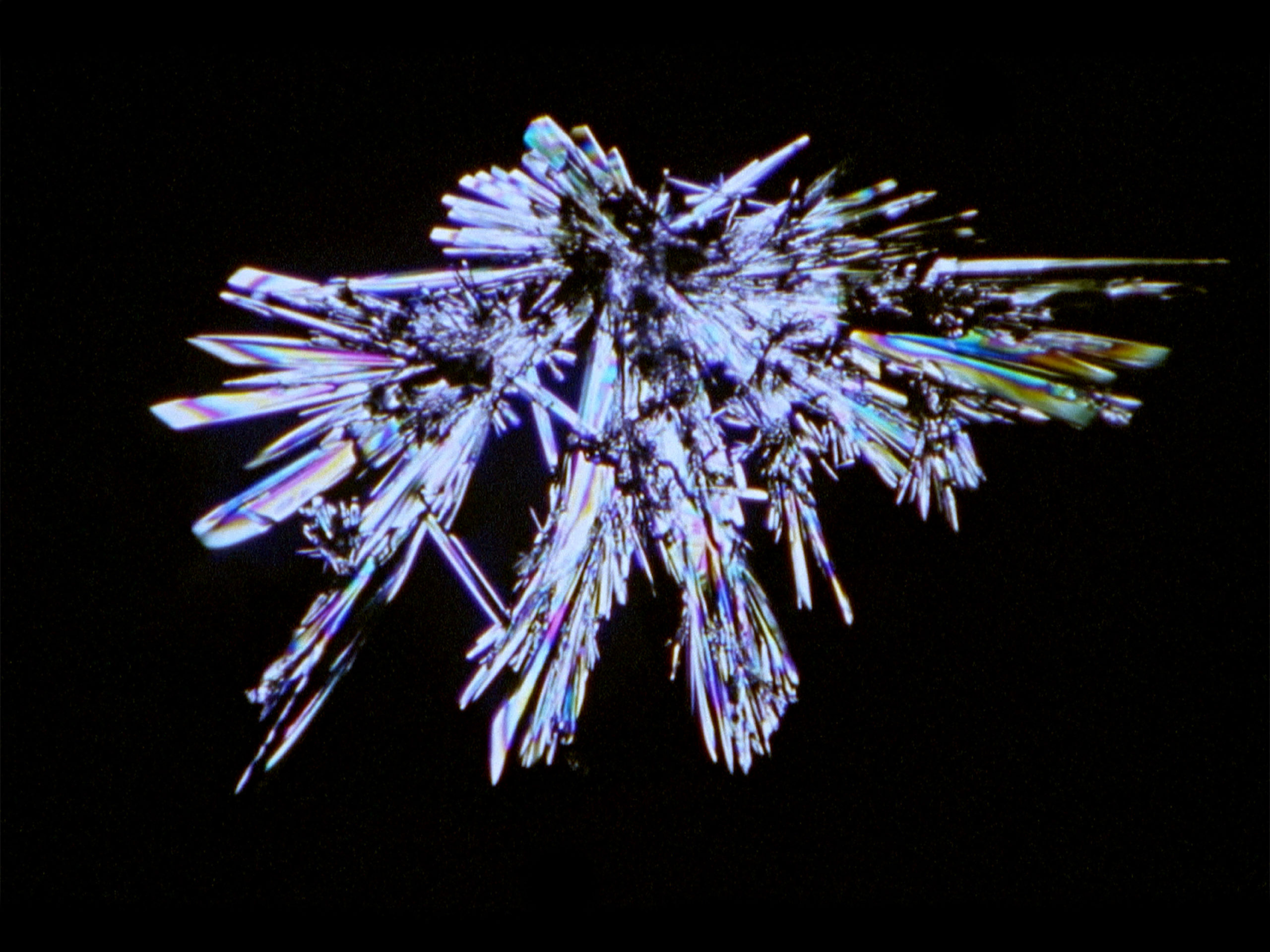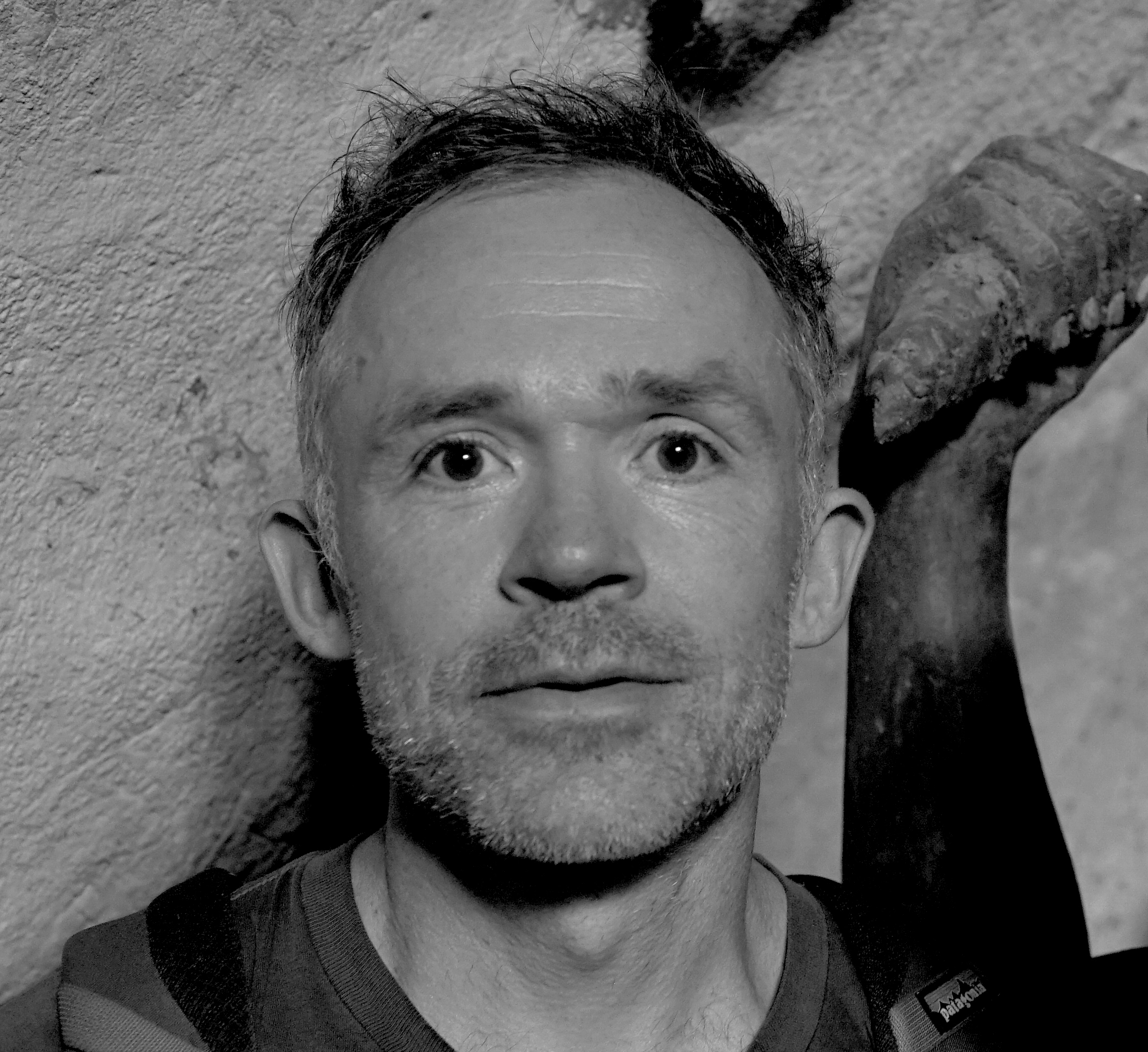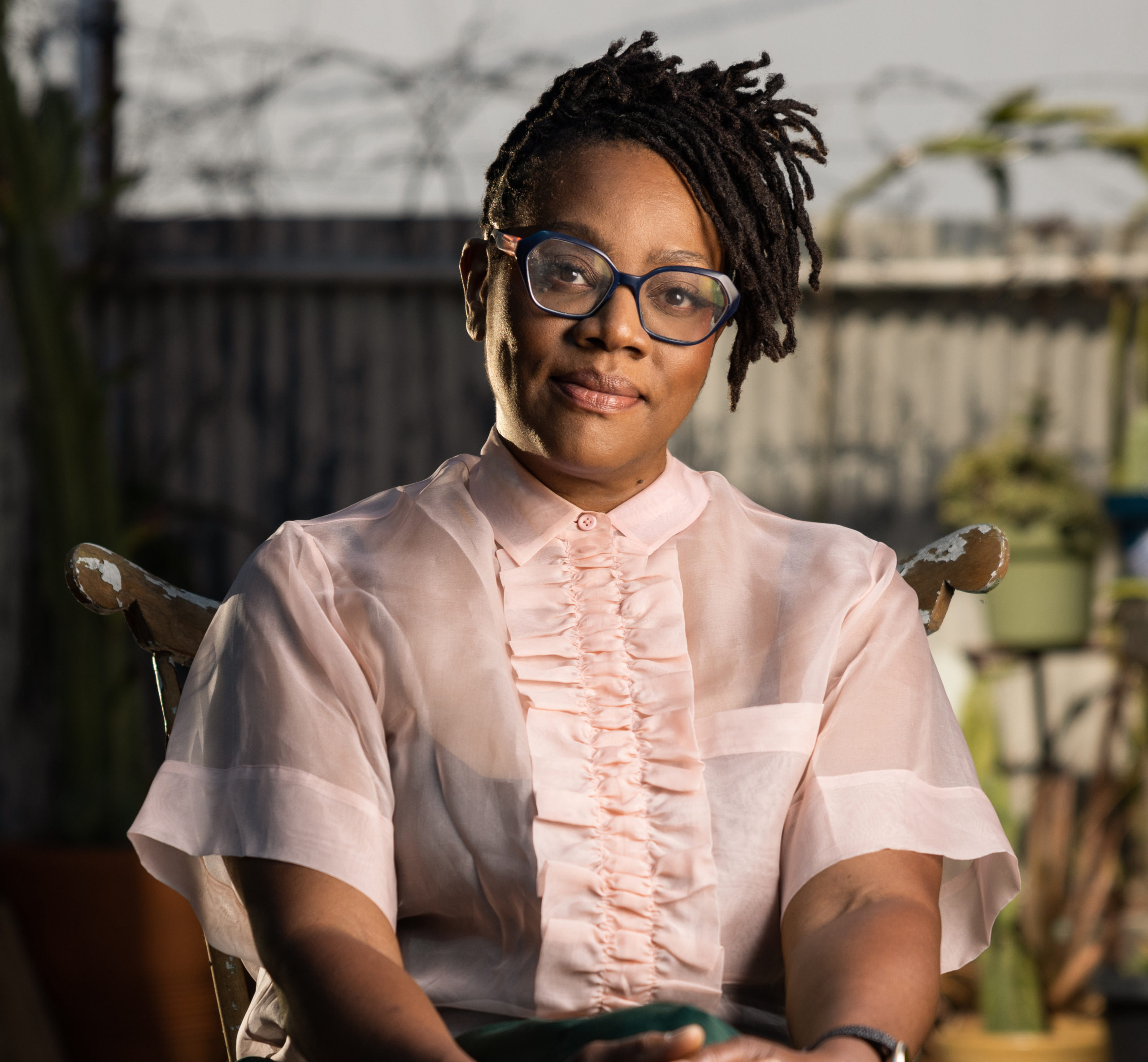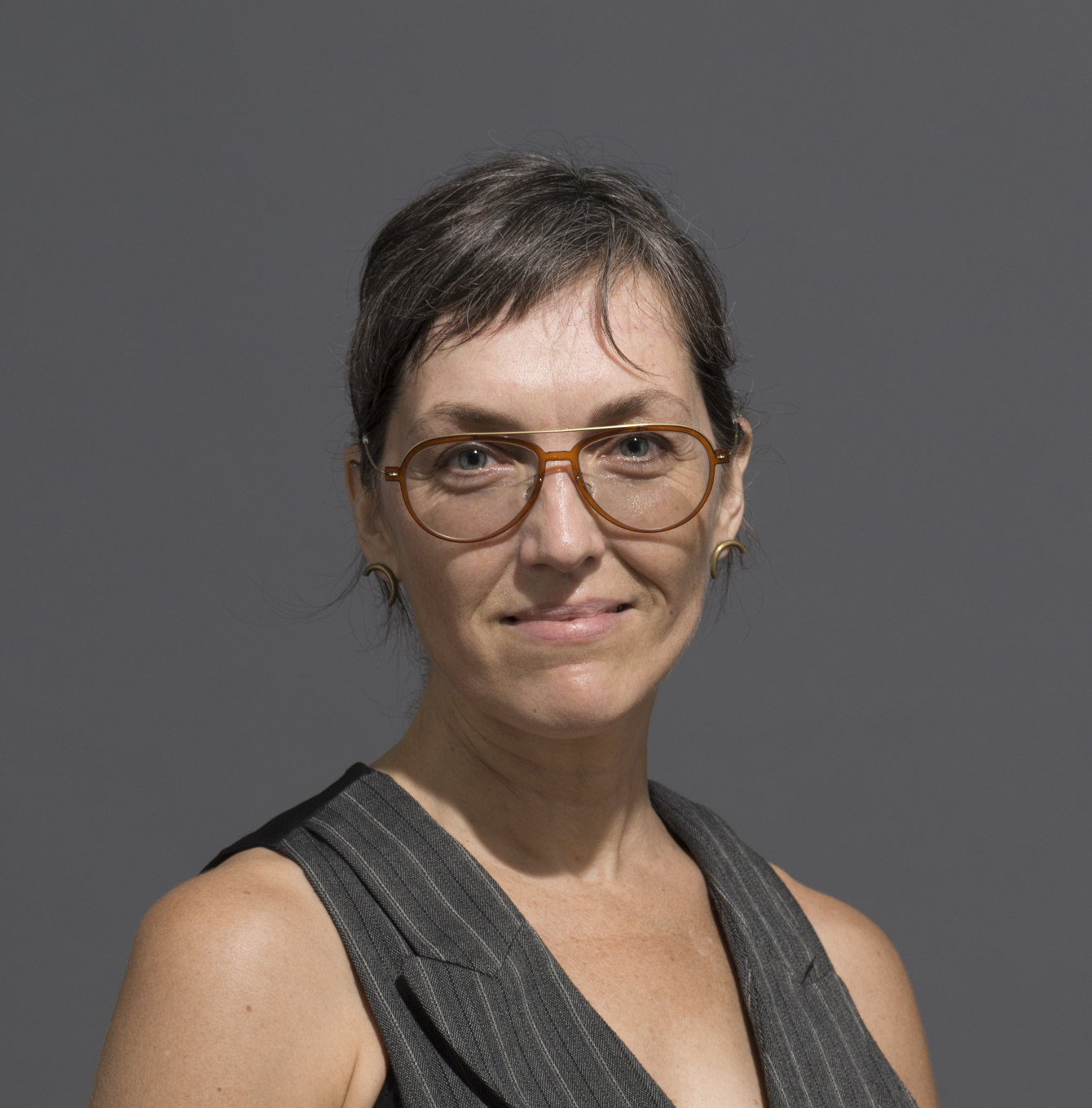 Last Things (2023) by Deborah Stratman
Last Things (2023) by Deborah Stratman
welcome to the aftermath
Sunday, September 10 | 1pm at Gray Area
Citing J.-H. Rosny, Clarice Lispector, Donna Haraway and others, Deborah Stratman’s Last Things ruminates on geological time, stretching our sense of time toward the polytemporal and decentering the human perspective with an of-the-moment political exigency and a vertiginous sense of the temporally infinite. Last Things is preceded by similarly urgent considerations of volcanism and apocalypse by Ben Rivers and Cauleen Smith.
SCREENING: Ijen/London (2022) by Ben Rivers (UK); digital video, color, sound, 7 minutes, exhibition file from LUX. My Caldera (2022) by Cauleen Smith (US); digital video, color, sound, 5 minutes. Last Things (2023) by Deborah Stratman (US); digital video, color, sound, 50 minutes. TRT: 62 minutes
program community partner: The Long Now Foundation
PROGRAM TICKETS
$12 General/$10 Cinematheque Members, Gray Area Members & students (with ID)
FESTIVAL PASSES
$110 General/$88 Cinematheque Members, Gray Area Members & students (with ID)
← 1 2 3 4 5 6 7 8 9 10 →
CROSSROADS 2023

Ijen/London (2022) by Ben Rivers
A post-apocalyptic landscape of rocks and toxic fumes; devoid of human presence but not of life. On the soundtrack, we hear Herbert Read’s reading of his poem The Autumn of the World which contemplates a devastated world of chaos and decay, “blood-flecked clouds” and “vermilioned vastness.” (Ben Rivers) bay area premiere

My Caldera (2022) by Cauleen Smith
My Caldera is a film and an installation in which I begin to talk about the relationship between time, culture, disaster and beginnings. What is possible after the apocalypse? For many people in the United States, the apocalypse has already happened. I want to look at how those of us who have emerged from the complete destruction of our worlds have emerged and even thrived amidst the ruins in which we currently live. (Cauleen Smith) bay area premiere

Last Things (2023) by Deborah Stratman
From before the beginning until after the end; evolution and extinction as told from a mineral point of view. The geo-biosphere is introduced as a place of evolutionary possibility, where humans disappear but life endures. Catalyzed by two novellas of J.-H. Rosny—joint pseudonym of Belgian brothers Boex who wrote sci-fi before it was a genre—the film takes up their pluralist vision of evolution, where imagining prehistory is inseparable from envisioning the future. Also key were Roger Caillois’ writing on stones, Clarice Lispector’s Hour of the Star, Robert Hazen’s mineral evolution theory, the symbiosis theory of Lynn Margulis, Donna Haraway’s multi-species scenarios, Hazel Barton’s research on cave microbes and Marcia Bjørnerud’s thoughts on time literacy. In one way or another, these thinkers have all sought to displace humankind and human reason from the center of evolutionary processes. Passages from Rosny and interviews with Bjørnerud form the film’s spine. Stones are its ballast. We trust stone as archive but we may as well write on water. In the end, it’s particles that remain. (Deborah Stratman) bay area premiere
 Ben Rivers (UK) studied Fine Art at Falmouth School of Art, initially in sculpture before moving into photography and Super 8 film. After his degree he taught himself 16mm filmmaking and hand-processing. His practice as a filmmaker treads a line between documentary and fiction. Often following and filming people who have in some way separated themselves from society, the raw film footage provides Rivers with a starting point for creating oblique narratives imagining alternative existences in marginal worlds.
Ben Rivers (UK) studied Fine Art at Falmouth School of Art, initially in sculpture before moving into photography and Super 8 film. After his degree he taught himself 16mm filmmaking and hand-processing. His practice as a filmmaker treads a line between documentary and fiction. Often following and filming people who have in some way separated themselves from society, the raw film footage provides Rivers with a starting point for creating oblique narratives imagining alternative existences in marginal worlds.
 Cauleen Smith was raised in Sacramento, California and lives in Los Angeles. Smith is faculty in the UCLA School of Arts and Architecture. Smith holds a BA in Creative Arts from San Francisco State University and an MFA from the UCLA School of Theater Film and Television. Smith has had solo exhibitions at The Whitney Museum of American Art, MassMoCA and LACMA. Smith is the recipient of the following awards: Rockefeller Media Arts Award, Creative Capital Film/Video, Chicago 3Arts Grant, the Foundation for Contemporary Arts, Chicago Expo Artadia Award, Rauschenberg Residency, Herb Alpert Awards in the Arts in Film and Video 2016, United States Artists Award 2017, 2016 inaugural recipient of the Ellsworth Kelly Award, 2020 recipient of the Studio Museum Joyce Alexander Wein Artist Prize and 2021 Guggenheim Fellowship.
Cauleen Smith was raised in Sacramento, California and lives in Los Angeles. Smith is faculty in the UCLA School of Arts and Architecture. Smith holds a BA in Creative Arts from San Francisco State University and an MFA from the UCLA School of Theater Film and Television. Smith has had solo exhibitions at The Whitney Museum of American Art, MassMoCA and LACMA. Smith is the recipient of the following awards: Rockefeller Media Arts Award, Creative Capital Film/Video, Chicago 3Arts Grant, the Foundation for Contemporary Arts, Chicago Expo Artadia Award, Rauschenberg Residency, Herb Alpert Awards in the Arts in Film and Video 2016, United States Artists Award 2017, 2016 inaugural recipient of the Ellsworth Kelly Award, 2020 recipient of the Studio Museum Joyce Alexander Wein Artist Prize and 2021 Guggenheim Fellowship.
 Artist and filmmaker Deborah Stratman (US) makes work around issues of power, control and belief, exploring how places, ideas and society are intertwined. She regards sound as the ultimate multi-tool and time to be supernatural. Her 40+ films and multiple artworks have addressed freedom, surveillance, public speech, sinkholes, levitation, orthoptera, raptors, comets, evolution, extinction, exodus, sisterhood and faith and have been exhibited and awarded internationally. She is a Fulbright, Guggenheim and United States Artist Fellow, the recipient of the Herb Alpert Award in the Arts, Sundance Art of Nonfiction Award and grants from Creative Capital, Graham Foundation, Harpo Foundation, Shifting Foundation and Wexner Center for the Arts. She lives in Chicago where she teaches at the University of Illinois.
Artist and filmmaker Deborah Stratman (US) makes work around issues of power, control and belief, exploring how places, ideas and society are intertwined. She regards sound as the ultimate multi-tool and time to be supernatural. Her 40+ films and multiple artworks have addressed freedom, surveillance, public speech, sinkholes, levitation, orthoptera, raptors, comets, evolution, extinction, exodus, sisterhood and faith and have been exhibited and awarded internationally. She is a Fulbright, Guggenheim and United States Artist Fellow, the recipient of the Herb Alpert Award in the Arts, Sundance Art of Nonfiction Award and grants from Creative Capital, Graham Foundation, Harpo Foundation, Shifting Foundation and Wexner Center for the Arts. She lives in Chicago where she teaches at the University of Illinois.
